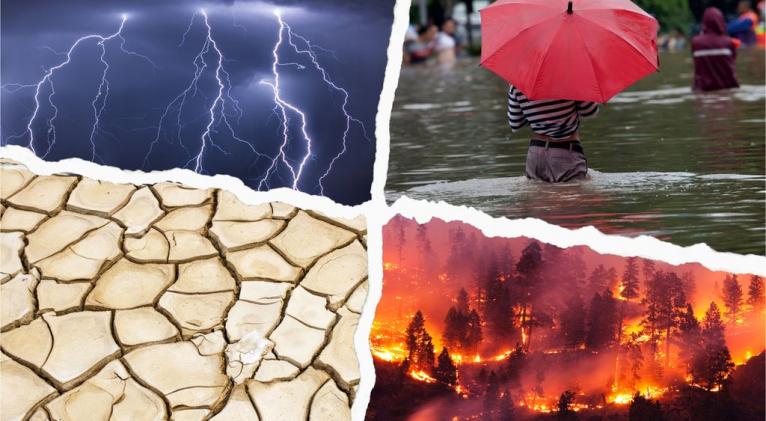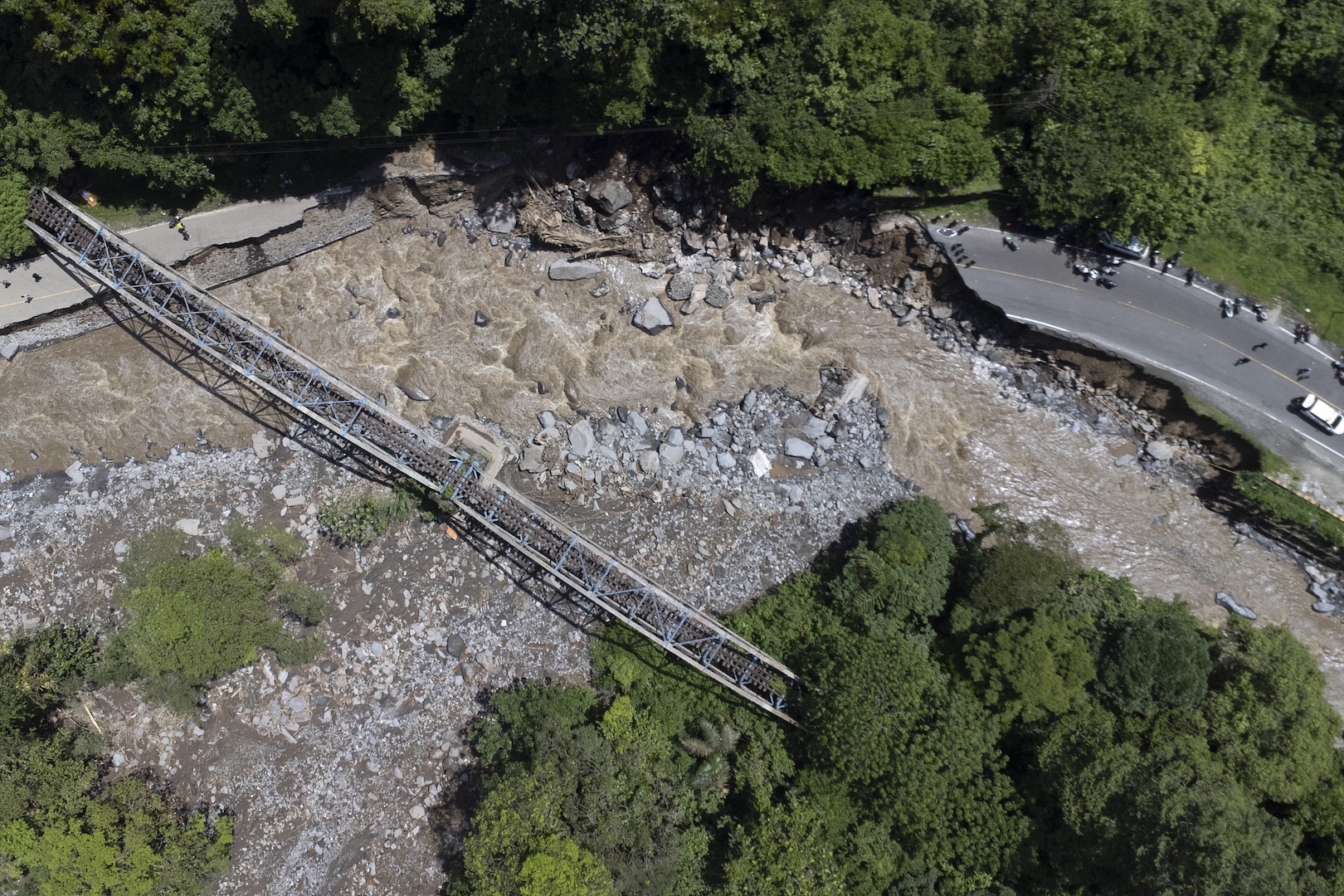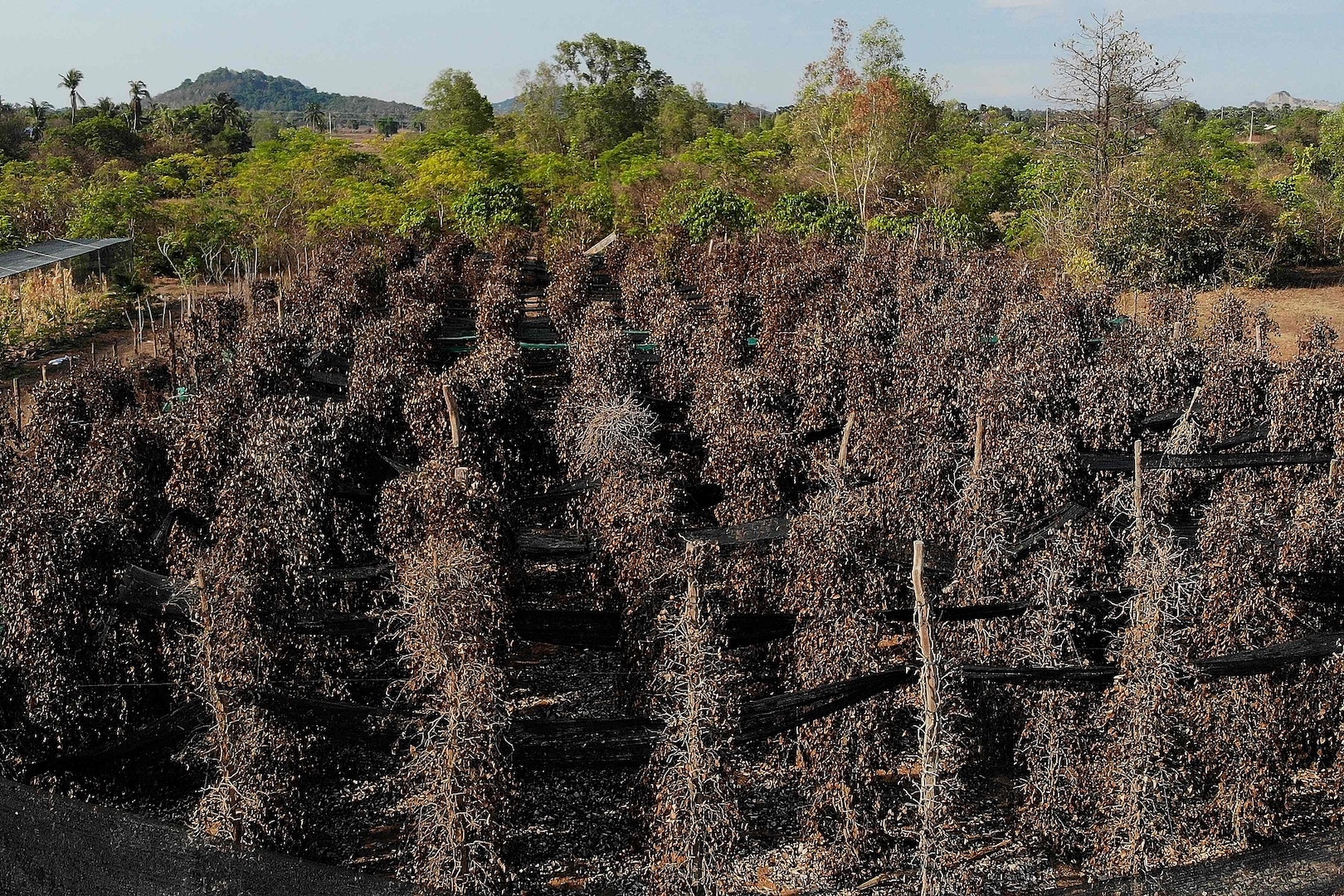Are weather and climate extremes the 'new normal'?
especiales

More than 330 people were killed as rainstorms and flash floods hit major parts of Afghanistan. More than 300 people were killed in northern Baghlan province alone, with more than 1,000 houses destroyed.
Meanwhile, in southern Brazil, two weeks of record rainfall caused flooding and mudslides across the Rio Grande do Sul state. The death toll rose to 143 from the worst extreme weather event to ever hit the region, with 125 people missing and more than 600,000 evacuated. More than half of the state capital, Porto Alegre, was inundated. Governor Eduardo Leite said earlier this week it will take some 19 billion reais ($3.7 billion) to rebuild the state after the floods.

A road damaged by flash flooding in Tanah Datar, West Sumatra, Indonesia, May 12, 2024. /CFP
It never rains, but it pours.
Thailand, the world's second-largest sugar exporter after Brazil, is experiencing a severe drought that has reduced its sugar cane output this crop year. The reduction could disrupt the global sugar supply.
Meanwhile, the death toll from lava floods that struck Indonesia's West Sumatra province has risen to 34, with at least five others missing. The rain poured in the area at the slope of the Marapi volcano on the evening of May 11, triggering cold lava floods that hit the Tanah Datar and Agam regencies. The lava floods occurred at night while the residents were sleeping. Many buildings have been submerged.

Pictured are dead pepper plants at a farm in Kampot province, southwest Cambodia. Famed for its intense floral flavor, the world-renowned Kampot pepper is facing an extreme weather threat, May 8, 2024. /CFP
"This is the new normal and does not come as a surprise," said Alvaro Silva, a climate expert with the World Meteorological Organization (WMO). "The frequency and intensity of many extremes, such as heatwaves and heavy precipitation, have increased in recent decades. This gives us the long-term context for the increasing occurrence and severity of such extreme weather and extreme events."
In December 2023, the WMO issued new guidelines for evaluating new records. The guidelines describe the record evaluation and verification process, its initiation, and its organization. They also identify the related committees tasked with leading the assessment and decision-making process and declaring a new record or decommissioning an old one.
"Weather and climate extremes do have a tendency to become 'new normal,'" said Chao Qingchen, director of the National Climate Center of China. Global warming has caused more frequent extreme weather disasters, which occur with multiple emerging features both in scale and in complexity. Climate change is a common issue for the globe, hence higher requirements for prevention and relief in confronting disasters with new features, she said.














Add new comment